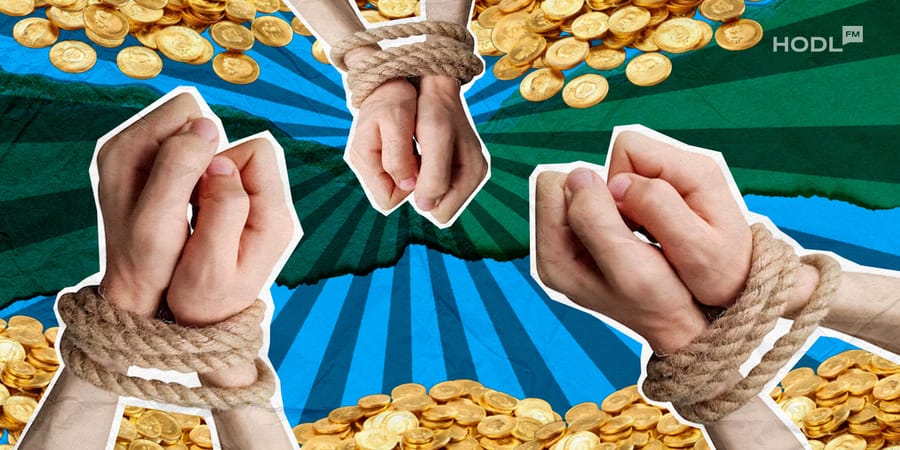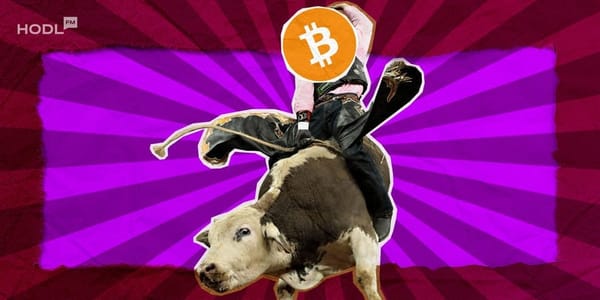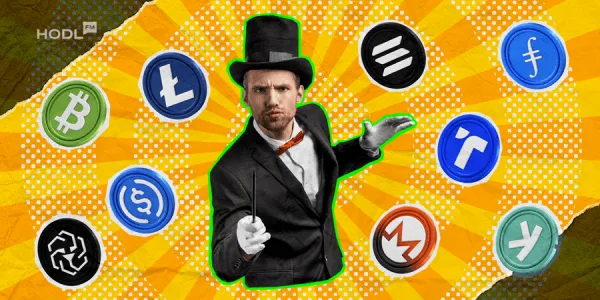Since 2025 kicked off, France’s richest crypto big shots have been getting an unwelcome wake-up call, kidnappers with a taste for digital gold are going after their cash and their families. Though still a small blip compared to other crimes, this new wave of crypto-related violence shows how the stakes are rising as crypto goes mainstream.
Industry insiders from Binance and CertiK have weighed in on how this shady trend is spreading across France and beyond, and what savvy investors can do to dodge becoming the next headline.
France’s Crypto Drama: Kidnappings Galore
Crypto celeb Ledger co-founder David Balland kicked off the nightmare in January when kidnappers snatched him and his partner from their French home, demanding ransom. The police busted in, but Balland lost a finger, and both were seriously shaken.
Fast-forward just a few months, and the drama didn’t stop. The dad of an unnamed crypto millionaire was rescued after two tense days in captivity. Then, in broad daylight no less, kidnappers tried snatching the daughter of French crypto titan Pierre Noizat, footage went viral, and the crypto world collectively held its breath.
Looks like crypto criminals aren’t planning to cool off anytime soon.

Is France Just the Beginning of a Global Crypto Crime Wave?
Not just a French affair, this surge in physical attacks is linked to Bitcoin’s price climbing. Since 2021, the number of publicly reported crypto-related kidnappings has climbed alongside BTC’s value, according to Binance.
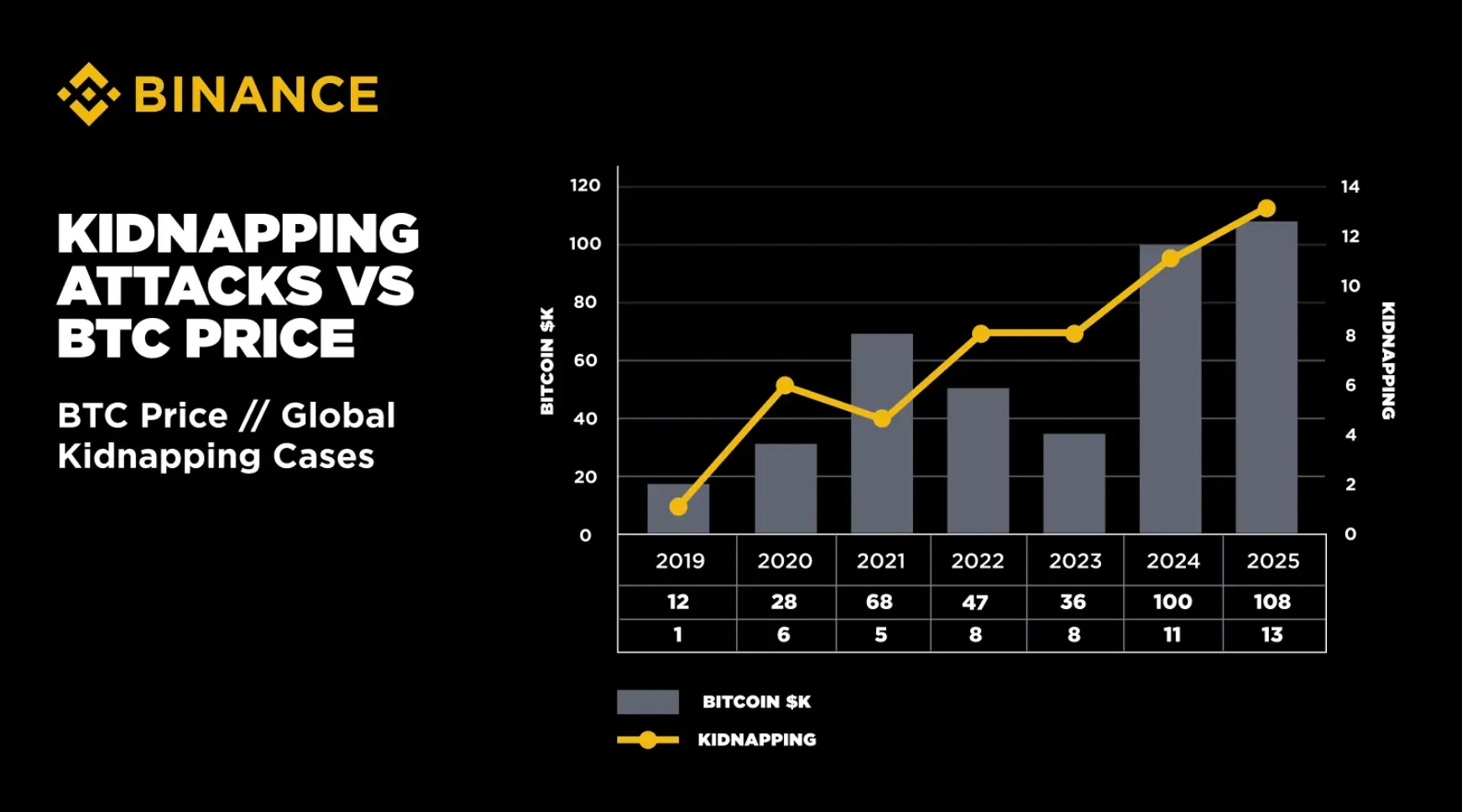
As online defenses get stronger, the bad guys are going old-school with real-world tactics. Just this week, a New Yorker was reportedly tortured for his Bitcoin password.
Globally, the problem is ballooning: one kidnapping in 2019 vs. 13 in the first five months of 2025. France’s experience underscores the urgent need for crypto firms and cops to buddy up.
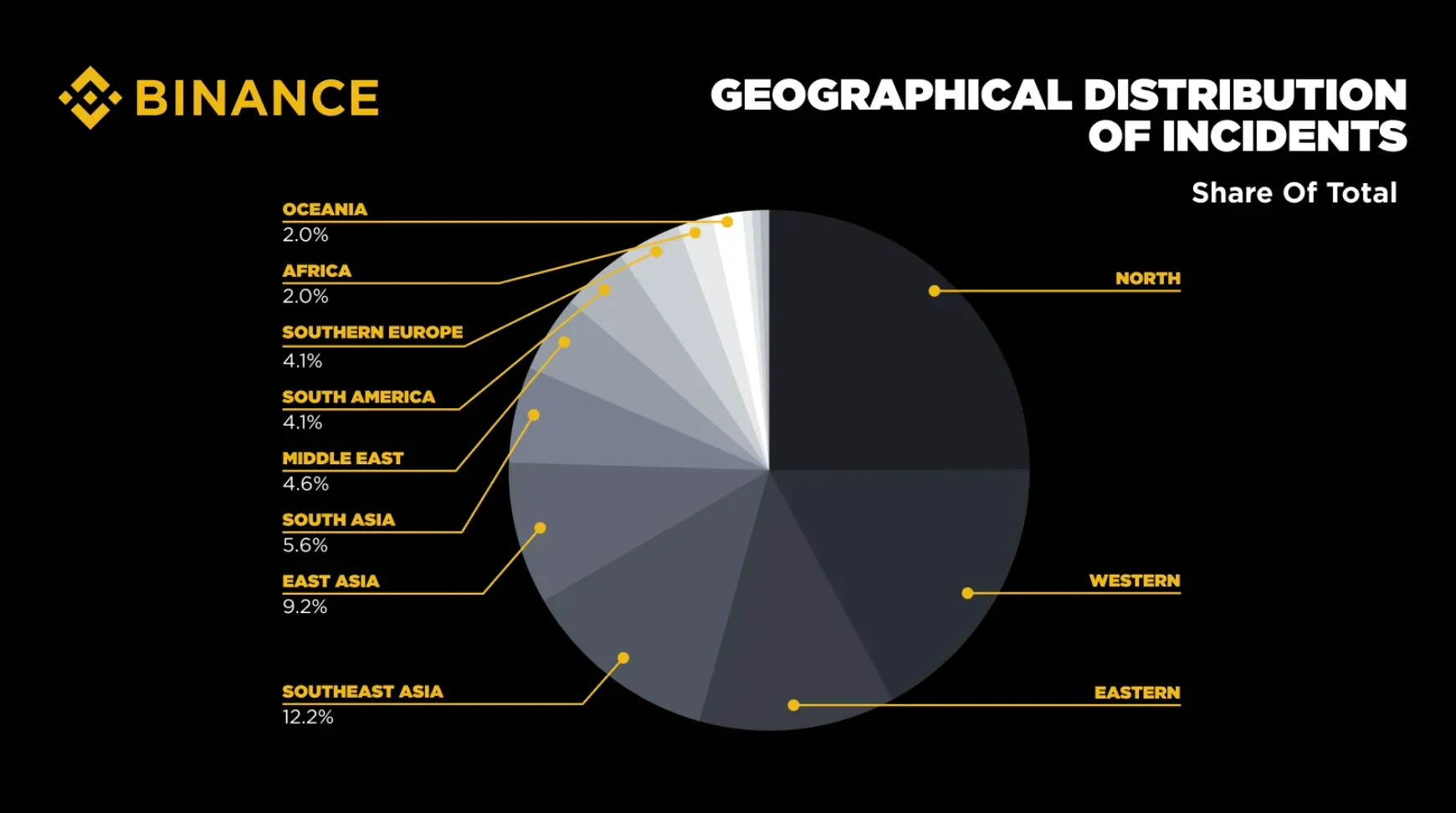
Why Teamwork Between Crypto and Law Enforcement Matters
These kidnappings aren’t for the faint of heart, they’re brazen, brutal, and escalating. With France booming as a digital hotspot, staying ahead means both public and private sectors must invest in security, share intel, and educate users, says blockchain intelligence analyst Jonathan Riss from CertiK.
But crypto’s decentralized, pseudonymous nature makes cops’ jobs tricky. Mixers, privacy coins, and peer-to-peer platforms turn blockchain tracing into a puzzle.
French anti-money laundering laws also risk exposing user info, making it easier for creeps to target wealthy crypto holders. Mass data collection plus blockchain transparency = a serious security headache.
Good news? French authorities and crypto players are stepping up collaboration to fight back.
The Government Rolls Up Its Sleeves
After the latest kidnapping attempt, France’s Interior Minister quickly summoned crypto leaders for a pow-wow. The result? Plans to boost security for crypto moguls and train cops better on crypto crimes.
The message is clear: crypto companies must play a big role in public safety by sharing suspicious activity and supporting investigations with blockchain analytics. Proactive AML and KYC rules can help keep the baddies at bay.
Crypto Users Better Mind Their Own Safety
If you’re waving your crypto wins around on socials or podcasts, think twice. Public bragging is like putting a giant bullseye on your back.
Binance advises crypto folks to keep their ownership hush-hush, avoid posting wallet screenshots, and consider separate online identities to stay under the radar.
Keep Your Social Media on Lockdown
Big crypto holders should tighten privacy settings and ditch geotags or travel check-ins that could tip off kidnappers. Simple moves like making accounts private and scrubbing location data from photos can make a huge difference.
The crypto world is growing fast, but so are the threats. Staying safe means smart tech innovation, solid partnerships, and everyone playing their part to protect this shiny new digital frontier.
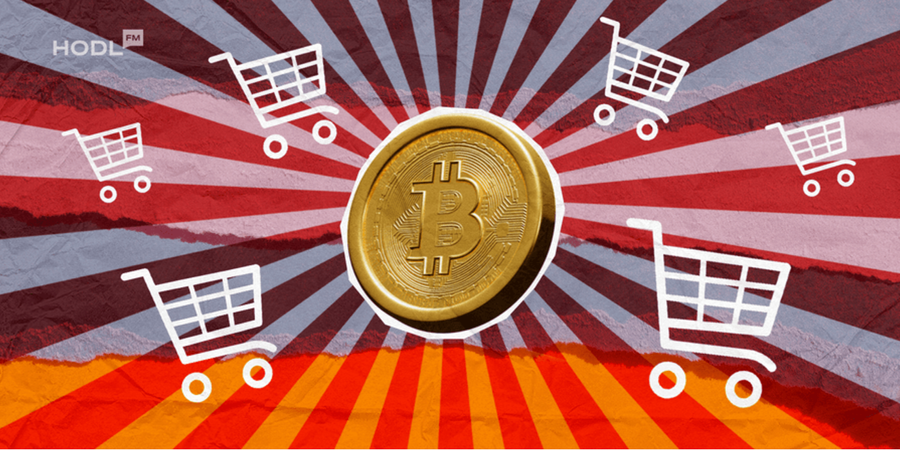
Disclaimer: All materials on this site are for informational purposes only. None of the material should be interpreted as investment advice. Please note that despite the nature of much of the material created and hosted on this website, HODL FM is not a financial reference resource, and the opinions of authors and other contributors are their own and should not be taken as financial advice. If you require advice. HODL FM strongly recommends contacting a qualified industry professional.
